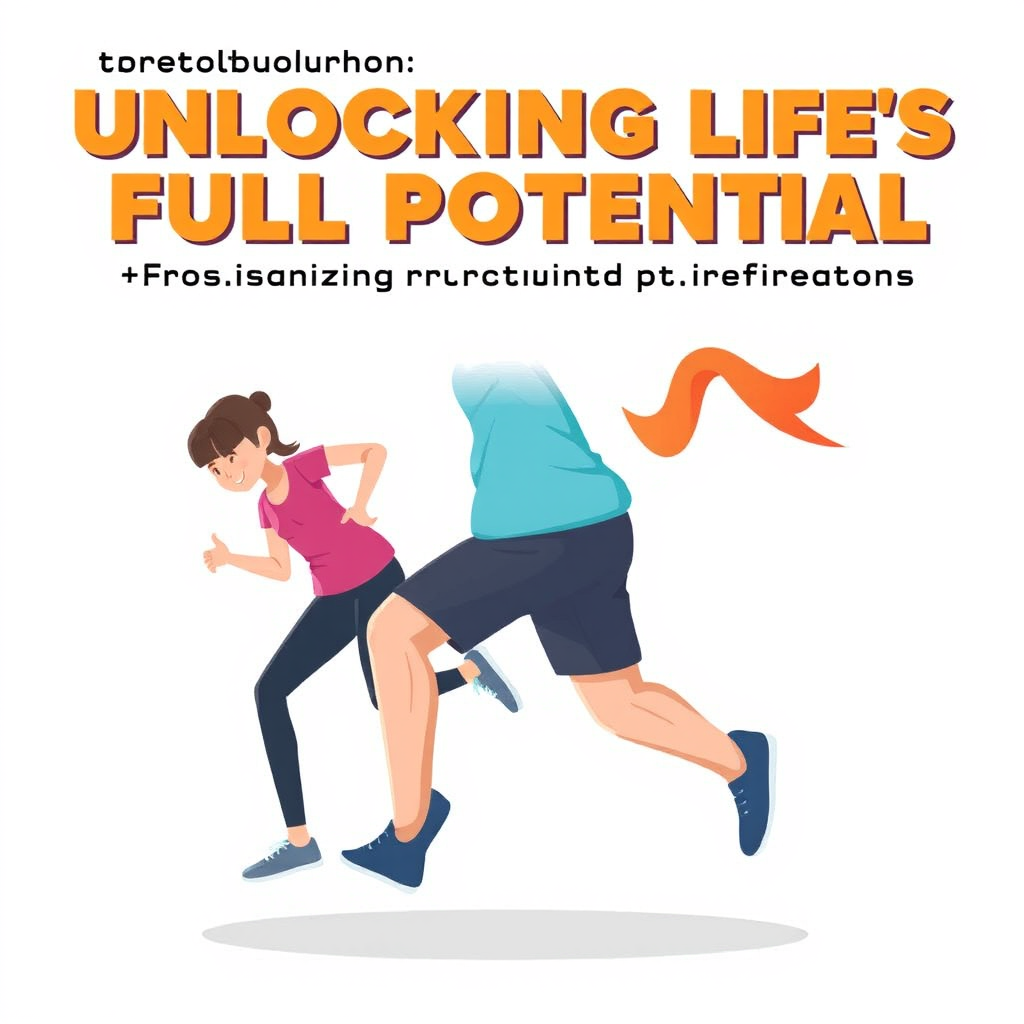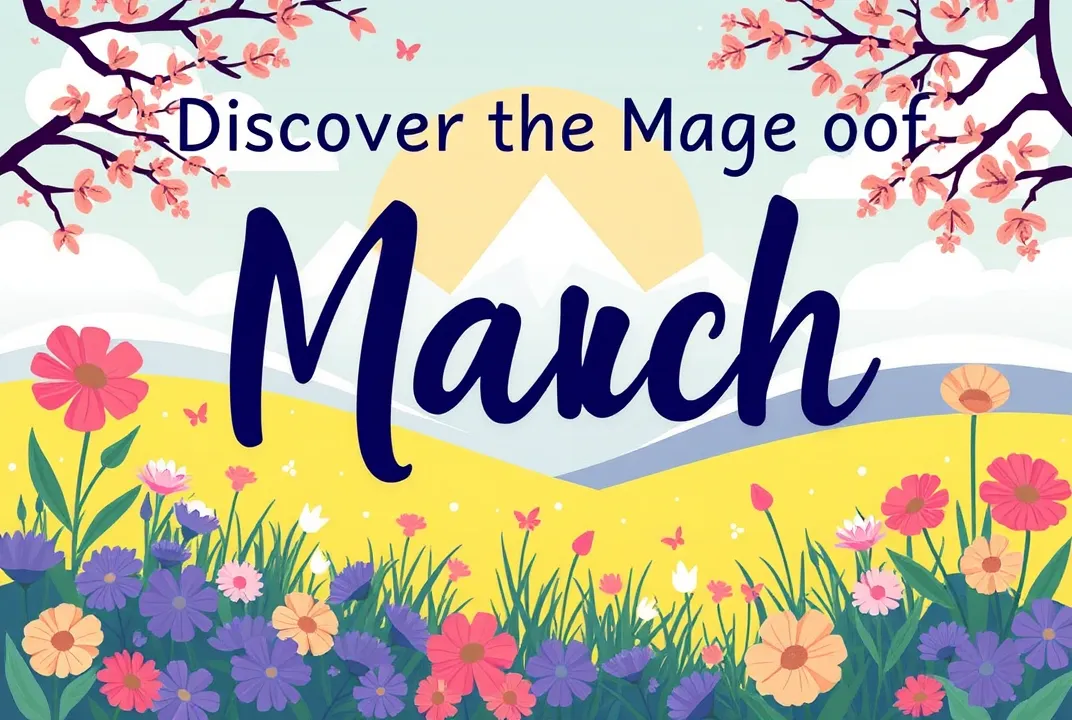Unleashing the Power of Mindfulness: Transform Your Life
In today’s fast-paced world, finding peace and balance can feel like a distant dream. However, many individuals have discovered a transformative practice that not only calms the mind but also enriches their lives—mindfulness. This article explores the essence of mindfulness, its benefits, and practical steps to incorporate it into your daily routine, helping you cultivate a profound sense of presence and awareness.
What is Mindfulness?
Mindfulness is the practice of being fully present in the moment, acknowledging and accepting one’s thoughts, feelings, and bodily sensations without judgment. Rooted in ancient Buddhist philosophy, mindfulness has gained traction in Western society, particularly in the last few decades, thanks to the growing body of scientific research supporting its mental health benefits.
Research from the American Psychological Association (APA) highlights that practicing mindfulness can reduce symptoms of anxiety and depression, enhance overall emotional well-being, and even improve physical health. This ancient practice facilitates a deep connection to oneself and the environment, offering a remedy for our hectic, often overwhelming lifestyle.
The Scientific Backing: Why Mindfulness Matters
A plethora of studies underscores the importance of mindfulness:
- stress reduction: A study published in the Journal of Health Psychology found that participants who practiced mindfulness reported lower levels of perceived stress and a greater capacity to cope with life's challenges.
- Enhanced Focus: Research at Harvard University revealed that mindfulness meditation can increase attention span and focus, enhancing the brain's ability to process information.
- Better Relationships: A 2014 study in the journal Emotion suggested that mindfulness can lead to improved relationship satisfaction by fostering empathy and reducing emotional reactivity.
These findings suggest that incorporating mindfulness into our daily lives can profoundly impact our emotional and psychological health.
Practical Steps to Embrace Mindfulness
Integrating mindfulness into your routine doesn’t have to be complicated. Here are some approachable strategies to help you begin this enlightening journey.
1. Start with Your Breath
The easiest way to engage with mindfulness is through your breath. Begin by setting aside a few minutes each day: - Find a quiet space and sit comfortably. - Close your eyes gently and focus on your breathing. - Take deep, deliberate breaths, inhaling through the nose and exhaling slowly through the mouth. - When distractions arise, gently bring your attention back to your breath.
2. Mindful Eating
Transform your meals into a mindful experience: - Savor each bite, noting the flavors, textures, and aromas. - Chew slowly and appreciate the nourishment you are providing your body. - Avoid distractions like phones or TV, focusing solely on the meal.
3. Body Scan Technique
To enhance your connection with your body, try the body scan technique: - Lie down or sit comfortably and close your eyes. - Begin by directing your attention to your feet, noticing any sensations or tension. - Gradually move up your body, releasing tension and acknowledging sensations in each area.
4. Nature Walks
Nature can serve as a perfect backdrop for mindfulness: - Take a walk in a local park or natural setting. - Pay close attention to your surroundings—notice the colors, sounds, and textures. - Allow yourself to experience the moment, enhancing your connection with nature.
5. Journaling
Expressive writing can be a powerful tool for self-reflection: - Set aside time each day to write about your thoughts and feelings. - Focus on your sensations and experiences, acknowledging them without judgment. - Use this practice to identify patterns or triggers in your emotions.
Real-Life Experiences: Success Stories
The impact of mindfulness extends beyond research; countless individuals have shared their transformative journeys. Take, for example, Jane, a 45-year-old sales executive. Overwhelmed by her high-pressure job, she turned to mindfulness as a last resort. After six months of daily practice, Jane reported a significant decline in anxiety, improved relationships with colleagues, and a newfound ability to handle stress. Her story underscores how mindfulness can serve as a powerful anchor in turbulent times.
Another example is Tom, a recent college graduate who struggled with anxiety and uncertainty about his future. Through mindfulness practices, he learned to manage his thoughts and feelings effectively. Tom's experience illustrates how mindfulness can foster resilience, allowing individuals to navigate life’s challenges with grace.
The Bigger Picture: Mindfulness in Modern Society
As mindfulness continues to gain popularity, various sectors are beginning to weave these practices into their fabric. Schools are adopting mindfulness programs to help students manage stress and improve focus. Companies are hosting workshops for employees to enhance productivity and emotional well-being. Health care professionals are recommending mindfulness as part of treatment plans for mental health issues.
In a world brimming with distractions and obligations, the teachings of mindfulness can illuminate the path toward a healthier mindset. By creating a communal culture that values presence and awareness, society can celebrate individual journeys toward mental well-being.
Conclusion: Begin Your Mindfulness Journey Today
Mindfulness is more than a trend; it’s a powerful tool that can reshape how we experience life. Whether it's through simple breathing exercises, nature walks, or mindful eating, the potential benefits are vast and accessible. By embracing mindfulness, you’re not just improving your own life; you’re also contributing to a more compassionate and present world.
Start today—take a moment to breathe deeply, feel the ground beneath your feet, and appreciate this very moment. Your journey towards mindfulness could very well be the key to unlocking a richer, more fulfilling life.


 Neil Cavuto: Insights from the Frontlines of News Media
Neil Cavuto: Insights from the Frontlines of News Media
 Unlocking Life's Full Potential: The Surprising Benefits of Regular Exercise
Unlocking Life's Full Potential: The Surprising Benefits of Regular Exercise
 Discover the Magic of March: Welcoming Spring with Fresh Perspectives
Discover the Magic of March: Welcoming Spring with Fresh Perspectives